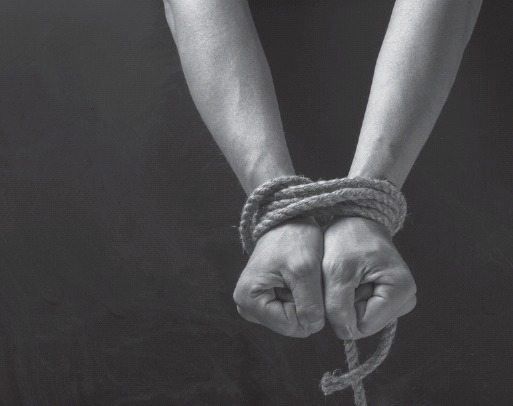The Dominican Republic is famous for its stunning beaches, all-inclusive resorts, lively dance culture, and delectable cuisine. However, behind this vibrant facade lies a severe problem that demands urgent attention – modern-day slavery in the form of exploitative labor conditions on sugar plantations. This article aims to shed light on this issue and provide guidance for Christians and individuals to confront and alleviate this crisis.
The Plight of Sugar Plantation Workers
The Democracy Now article titled “Dominican Republic: Sugar Plantations and Bateyes” portrays an alarming reality where individuals living and working in the country’s bateyes, or sugar workers’ communities, are trapped in a modern-day form of slavery. These individuals, primarily of Haitian descent, endure abysmal living conditions, extreme poverty, and labor exploitation within the highly profitable sugar industry.
These workers are subjected to long hours, dangerous working conditions, meager wages, and systemic human rights abuses. Many are recruited through deceptive methods and often arrive in the Dominican Republic under false promises of decent work. These vulnerable workers are denied basic rights, including proper healthcare, education, and adequate housing. Their status as largely undocumented migrants further exacerbates their vulnerability to further exploitation.
In addition to witnessing the issue firsthand, it is important to note that I have personally taken numerous actions to bring about positive change in the community. Over the years, I have visited the area more than a dozen times, bringing along essential supplies such as food, clothing, and toys for the children in need. Recognizing the significance of healthcare, I have also organized visits by chiropractors and medical professionals who have provided crucial medical aid to those who would otherwise lack access to necessary treatments.
Furthermore, I have actively supported educational initiatives by delivering books and educational tools, aiming to empower the locals with knowledge and skills for a brighter future. By collaborating with missionaries who share the same passion for making a difference, we have collectively worked towards creating sustainable solutions for the challenges faced by the community. My continuous engagement in these endeavors reflects a firm commitment to not just witness the problem, but to actively contribute towards alleviating the hardships faced by these resilient individuals.
Confronting Modern-Day Slavery: How Christians and Individuals Can Help
There are many ways that Christians can help these families and children moving forward.
- Raise Awareness: The first step towards solving any problem is knowledge. Christians and people from all walks of life must understand the existence and implications of modern-day slavery in the Dominican Republic’s sugar industry. Share information through social media, churches, community events, and educational platforms to raise awareness and amplify the voices of those suffering.
- Support Ethical Consumerism: Consumers play a significant role in combating slavery by supporting brands and companies committed to fair labor practices. Prioritize purchasing sugar, or any goods, from companies that have transparent supply chains and enforce ethical labor standards. Supporting fair trade initiatives encourages businesses to eschew exploitative practices.
- Advocate for Policy Change: Write to local representatives and government officials, urging them to implement and enforce robust labor laws that protect workers’ rights and prohibit exploitative practices. Collaborate with local and international human rights organizations that specialize in addressing labor issues, advocating for legislative changes, and holding corporations accountable.
- Corporate Responsibility: Encourage businesses, especially those directly involved in the sugar industry, to adopt responsible sourcing policies that prioritize fair wages, safe working conditions, and respect for human rights. Engage with companies through letters, emails, petitions, or shareholder activism to pressure them into addressing labor exploitation within their supply chains.
- Support NGOs and Human Rights Organizations: Organizations such as, Family of God International, are already working diligently to address the dire conditions faced by the people in the Dominican Republic. Donate or volunteer to support their efforts in providing vital resources, medical care, education, and advocacy for those affected.
- Conscious Tourism: When visiting the Dominican Republic, opt for locally-owned accommodations and strive to interact with local communities, including bateyes. This can contribute positively to local economies and encourage sustainable development, empowering communities to break free from the cycle of exploitation.
The plight of sugar plantation workers in the Dominican Republic is a pressing issue that necessitates immediate action. By raising awareness, supporting ethical consumerism, advocating for policy changes, demanding corporate responsibility, and extending support to NGOs and human rights organizations, Christians and individuals alike can play a pivotal role in confronting this modern-day form of slavery. Let us stand united against the exploitation of our fellow human beings and work towards a future where dignity and justice prevail. This my friend, is our God given duty.
Dr. Aaron Lewis, September 15, 2023
La Romana, Dominican Republic

